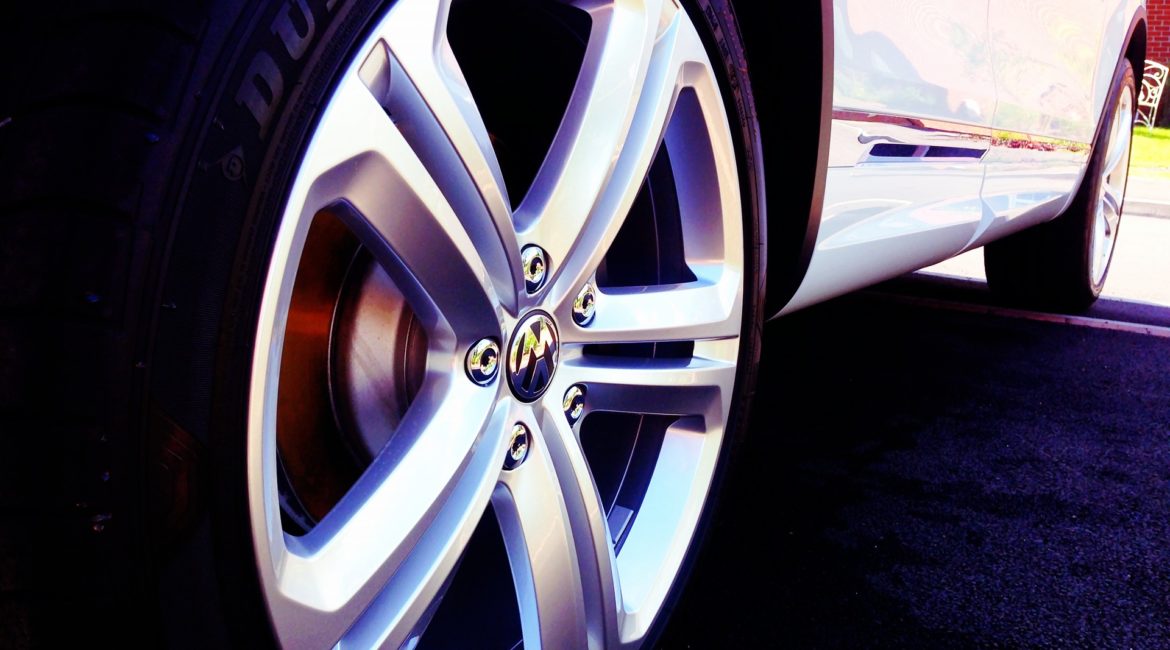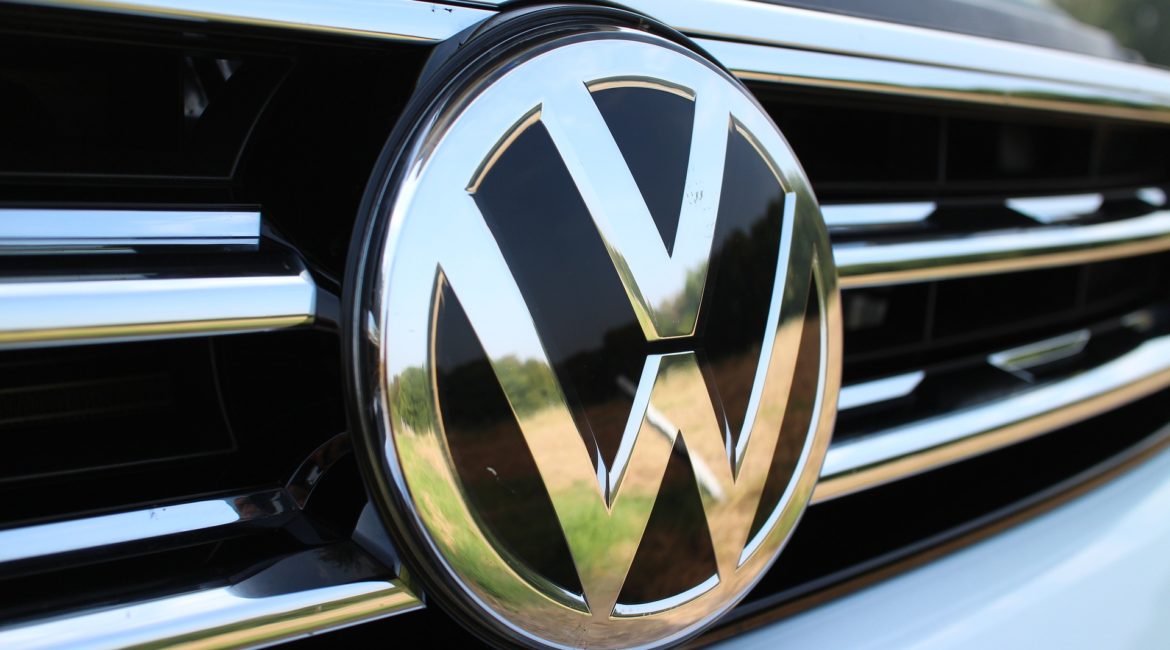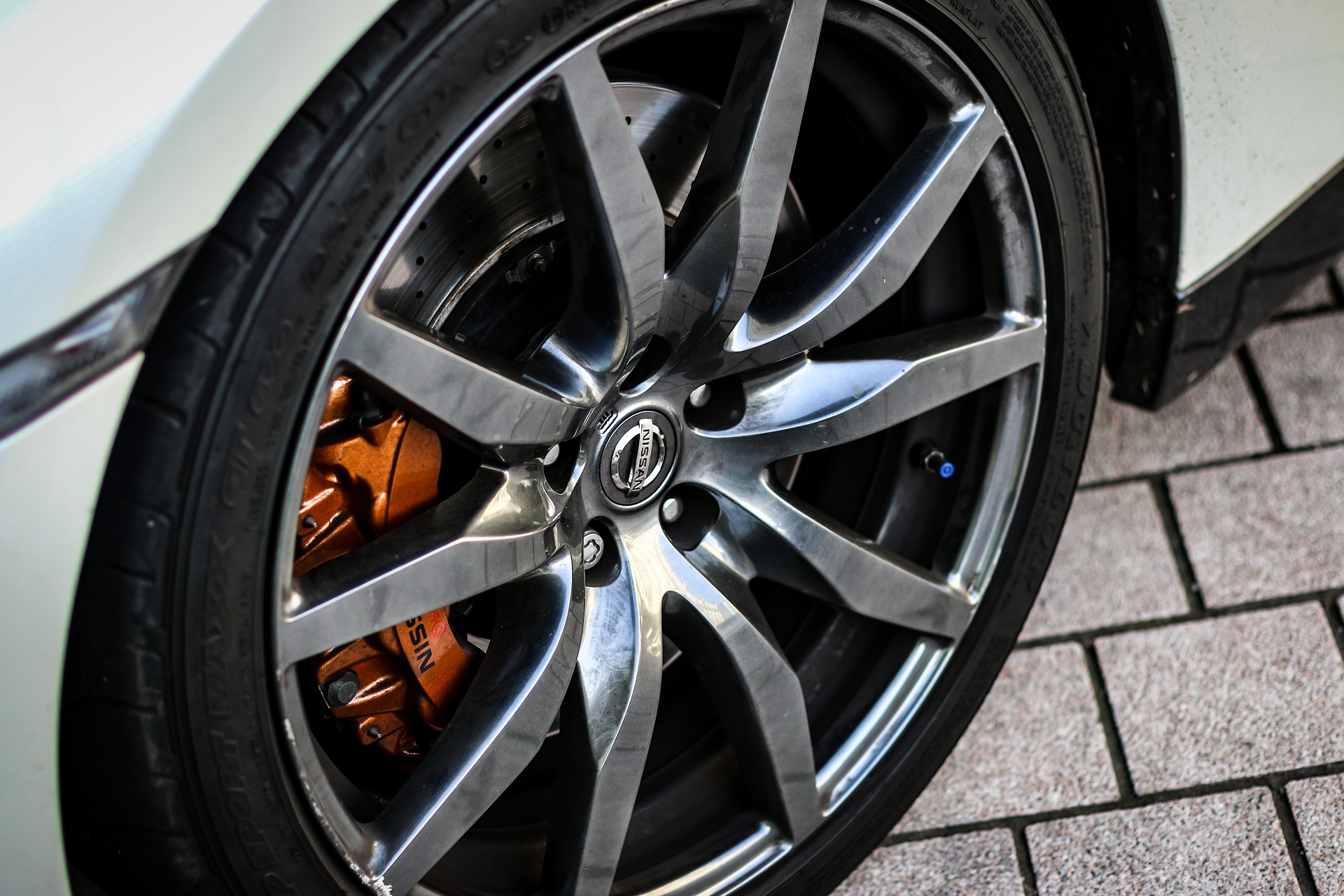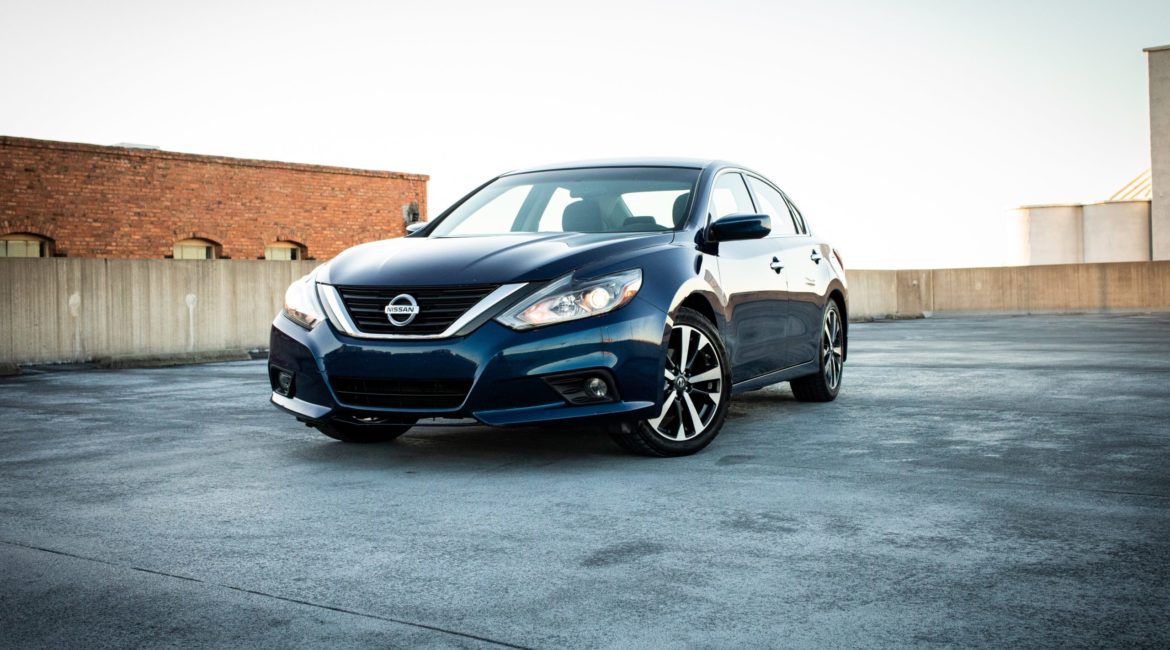Volkswagen says that it's dangerous for you to drive on reconditioned wheels. If you are not familiar with wheel reconditioning, it is a process of using various tools and methods to try to repair a damaged wheel, instead of replacing it entirely. Some methods include welding, re-plating, or reshaping...
Category: Repair Factors That Impact You Financially
Volkswagen Approves Only OEM Parts on Structural Repairs—Here’s Why You Should Care
Volkswagen is wary of aftermarket, recycled, and salvage replacement parts in structural repairs. It is common practice in our industry for each vehicle manufacturer to provide “Position Statements” that explain the best methods for repairing their makes and models. In the event of structural repairs, Volkswagen has released a...
Why It Matters That Nissan Doesn’t Approve of Reconditioned Wheels
Wheel reconditioning is a dangerous practice in collision repair. Nissan is very clear that the company does not approve of any wheel repair that involves reconditioning. If you are not familiar with wheel reconditioning, it is a process of using various tools and methods to try to repair a...
Nissan Discourages the Use of Salvage or Recycled Parts—Why This Is Important for Your Repair
Nissan is concerned about the reliability of salvage and recycled parts in collision repair. Nearly every car manufacturer releases “Position Statements” that instruct body shops in how to perform repairs on their vehicles to the highest standard. While all body shops should have access to this vital information, not all...




